This week a very talented fifty-one year old actor died of a heart attack while on vacation.
Fifty-one is a tragically young age to have a heart attack and die, but it is actually very common for people in America to have clogging of the arteries at that age.
When a heart attack occurs, an important blood vessel that provides nutrition to the heart muscle gets clogged, and that part of the heart dies, and so could you. Every day, nearly 2,600 Americans die of some type of cardiovascular disease and 7 million Americans have had a heart attack during their lifetimes.
What is most amazing about these statistics is that most heart disease can be prevented. How did we as Americans become wired for self-sabotaging our cardiovascular health?
Heart disease is considered a disease of affluence.
Diseases of affluence is a term given to selected diseases and other health conditions which are commonly thought to be a result of increasing wealth in society.
Also referred to as the “Western Disease”. These affluent diseases are associated with diets rich in animal protein and processed foods, resulting in obesity, type 2 diabetes and the #1 cause of death in America – heart disease.
You might be asking yourself “how can I prevent heart disease?”
The answer is as simple as this. The strongest association of heart disease is with blood cholesterol levels. Most people with an average or low cholesterol level will never have heart disease. The single factor for high cholesterol is animal protein.
Moreover, heart disease can be reversed by giving up animal protein and replacing it with plant protein. Even if your family has a history of heart disease, you can prevent those genes from expressing those negative genetic tendencies by maintaining low cholesterol levels.
So if it is that easy, why aren’t Americans willing to change their diets for their health?
I can’t answer that and only the person risking their life with food can. All I know is that you can control what is going on in your life right now and lower the risk of experiencing coronary problems.
Today is the day to pull your head out of the sand and don’t become another heart disease statistic. Here is the mantra – animal foods increase cholesterol, plant foods decrease cholesterol. High cholesterol contributes to heart disease.
Learn more about eradicating heart disease on my podcast with heart specialist and surgeon, Dr. Caldwell Esselstyn, Jr. Find out why women’s heart attack symptoms are much different from men.
Now, on to some delicious plant-based food.
I have a house guest this week and decided to surprise him with some yummy vegan buttermilk pancakes. Vegan buttermilk is very easy to create, just combine lemon juice and your favorite non-dairy milk.
Hope you enjoy these vegan buttermilk pancakes as much as we did.
Don’t miss any of Ordinary Vegan’s recipes by signing up here..
Ordinary Vegan now has a podcast on plant-based nutrition and vegan recipes. You can listen here on this website or in iTunes.
Join our health and wellness community on Facebook. There are over 315,000 strong, vibrant community members waiting to embrace you.
Thanks for stopping by and hope you have a peaceful and compassionate day.
Vegan Buttermilk Pancakes
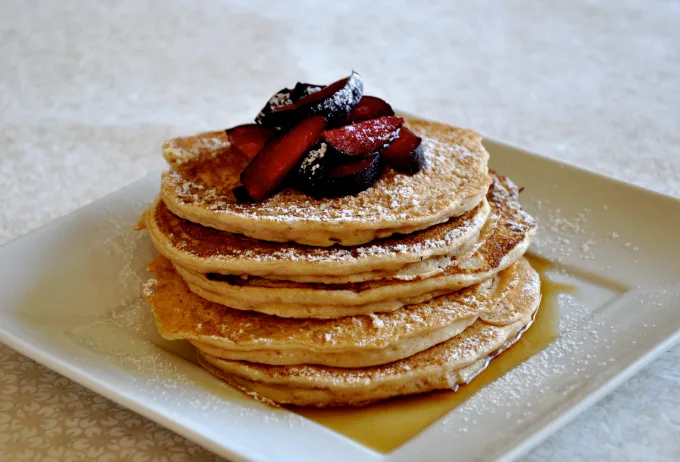
Ingredients
Method
- Mix the non-dairy milk and lemon juice in a bowl and let them sit for 10 minutes. This will help thicken and curdle the milk.
- Whisk in the vanilla and maple syrup.
- In another mixing bowl, whisk together the flour, baking powder and salt.
- Combine the wet and dry ingredients being careful not to over mix.
- Heat your nonstick pan. Grease with a little oil and cook your pancakes until they are nicely browned on both sides, and cooked inside.
- Top with your favorite fruit, powdered sugar and maple syrup.

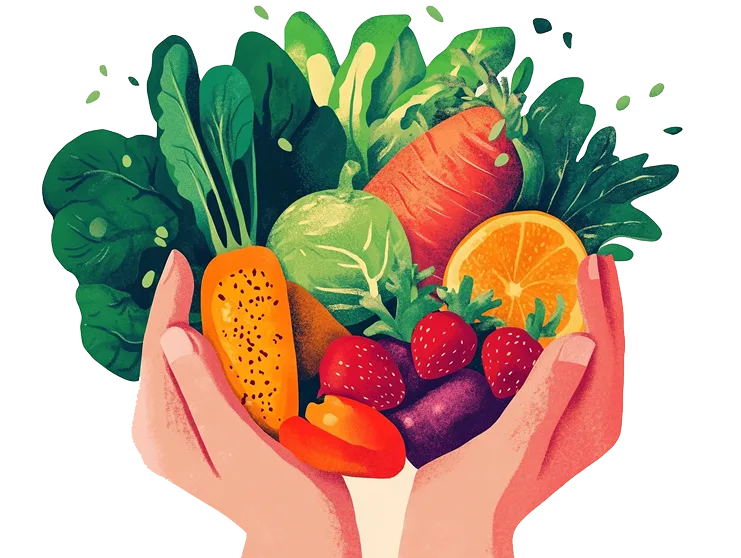
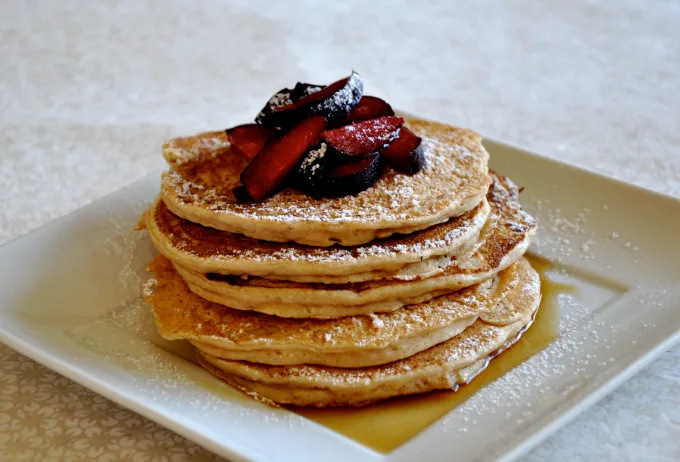

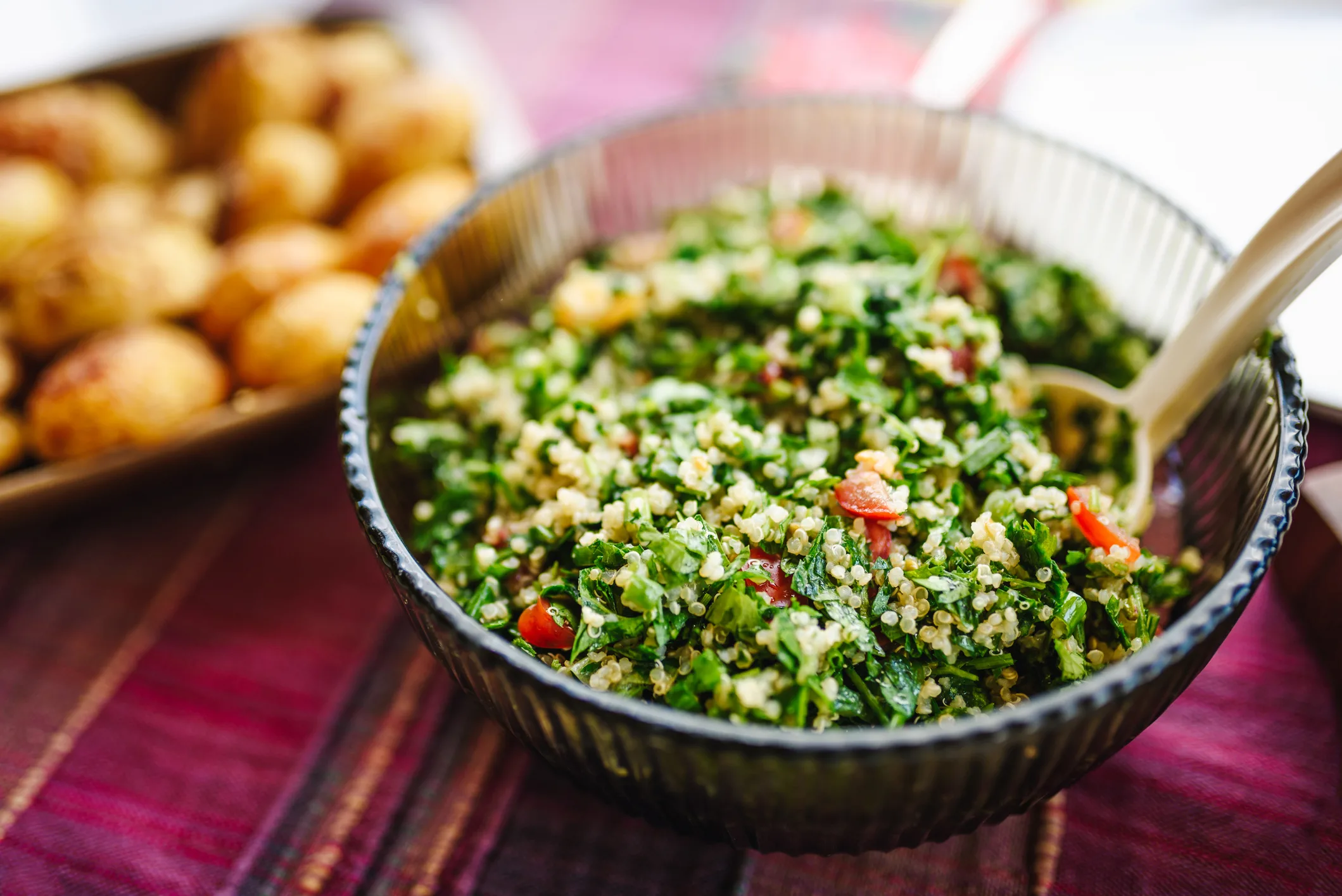
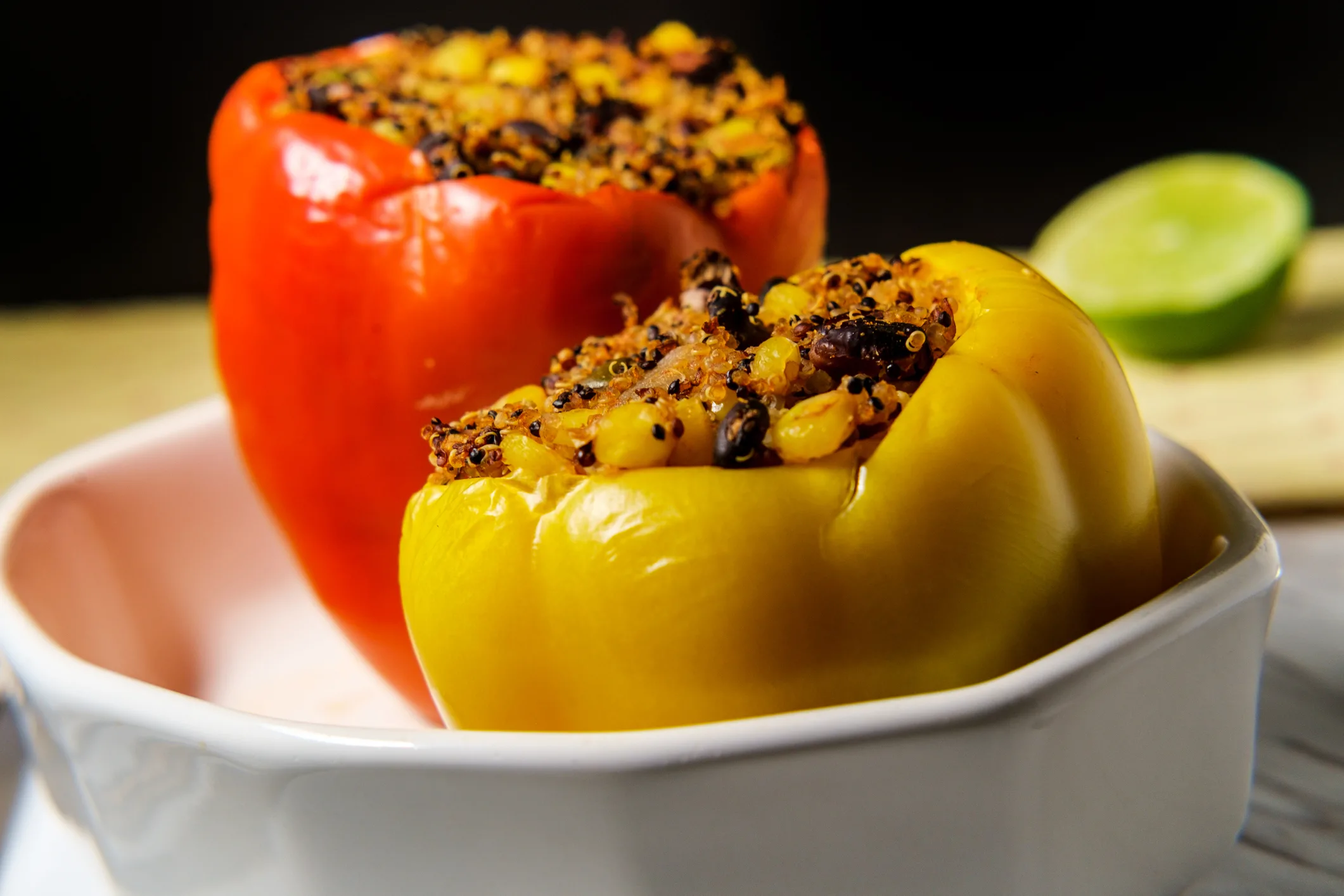
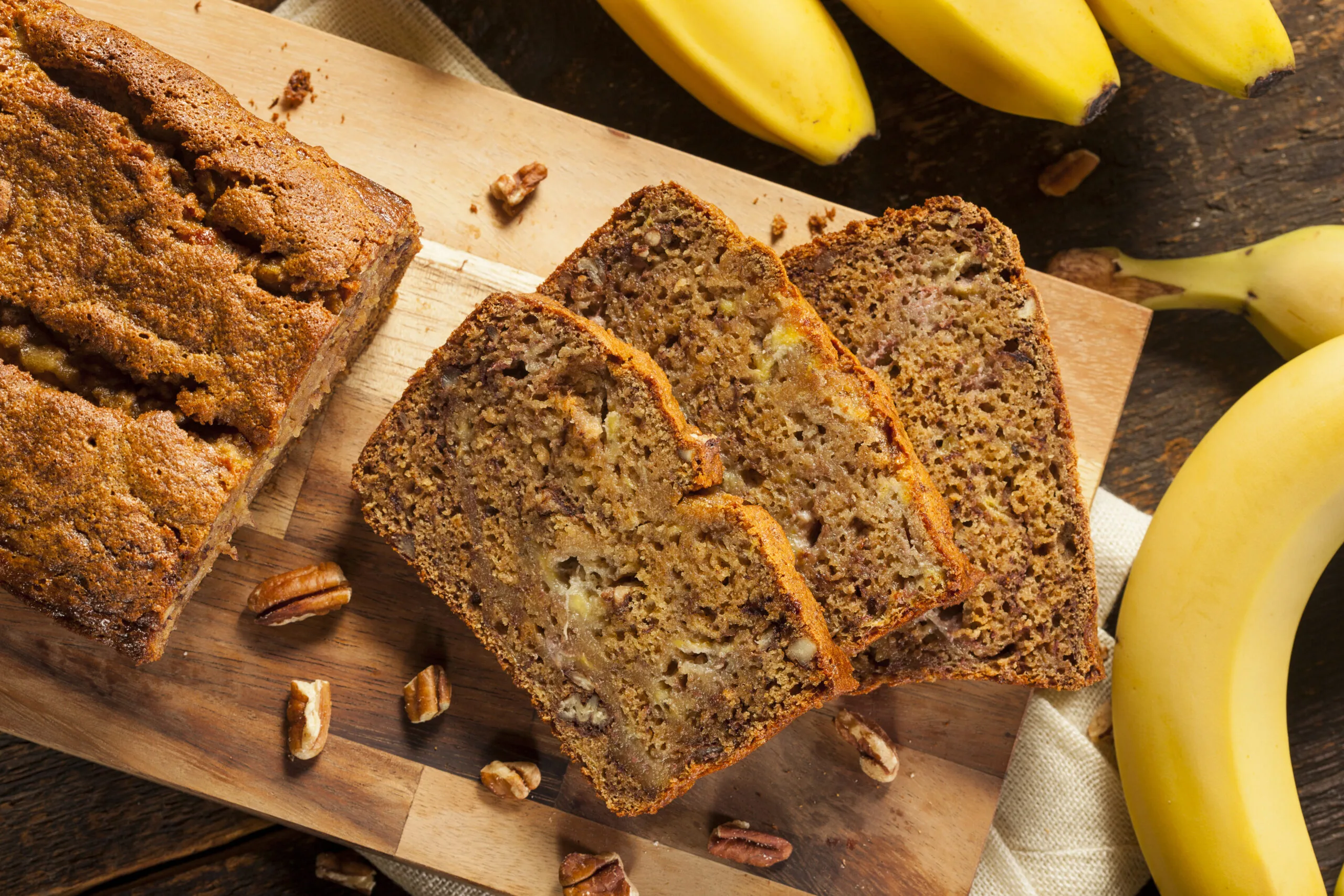
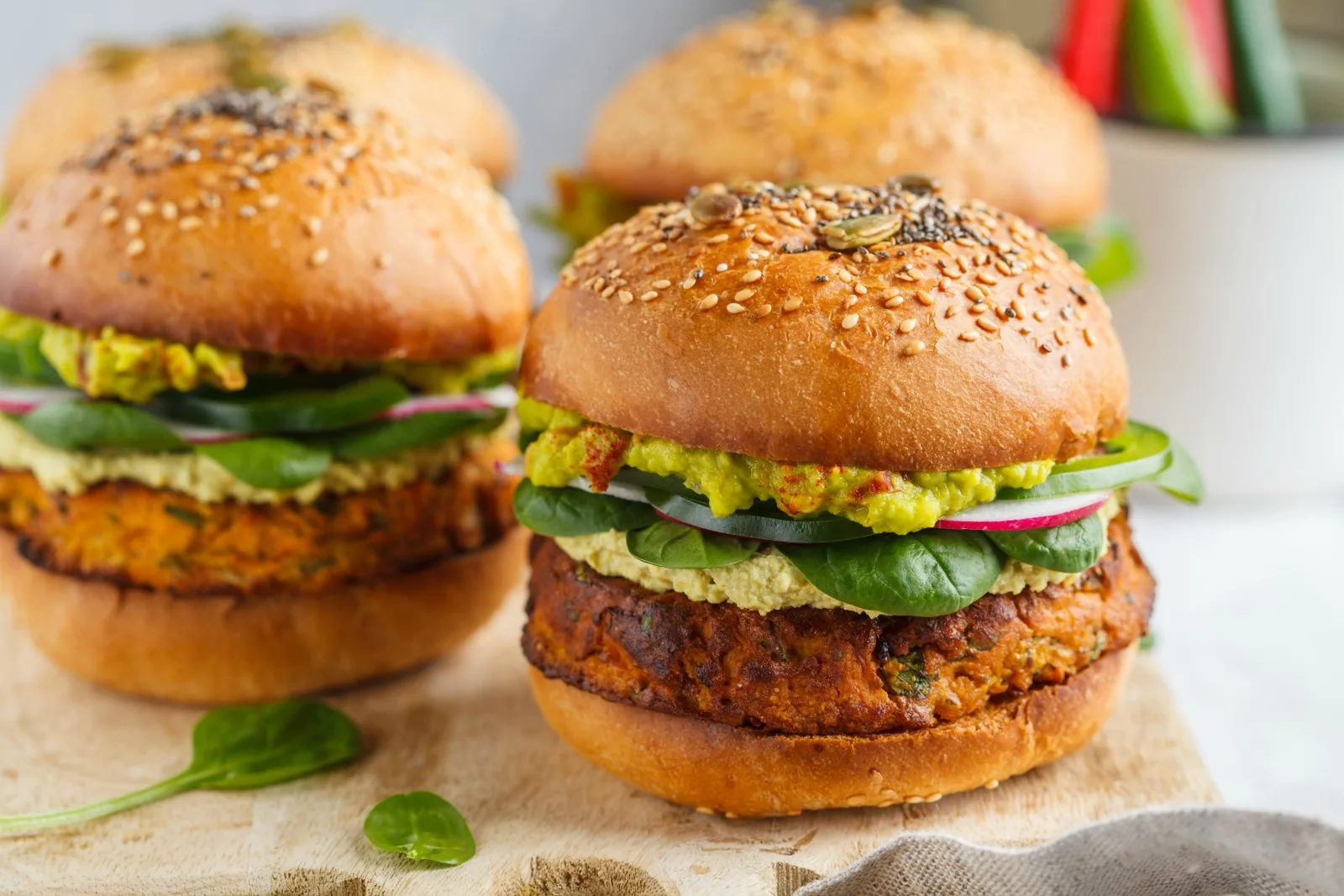
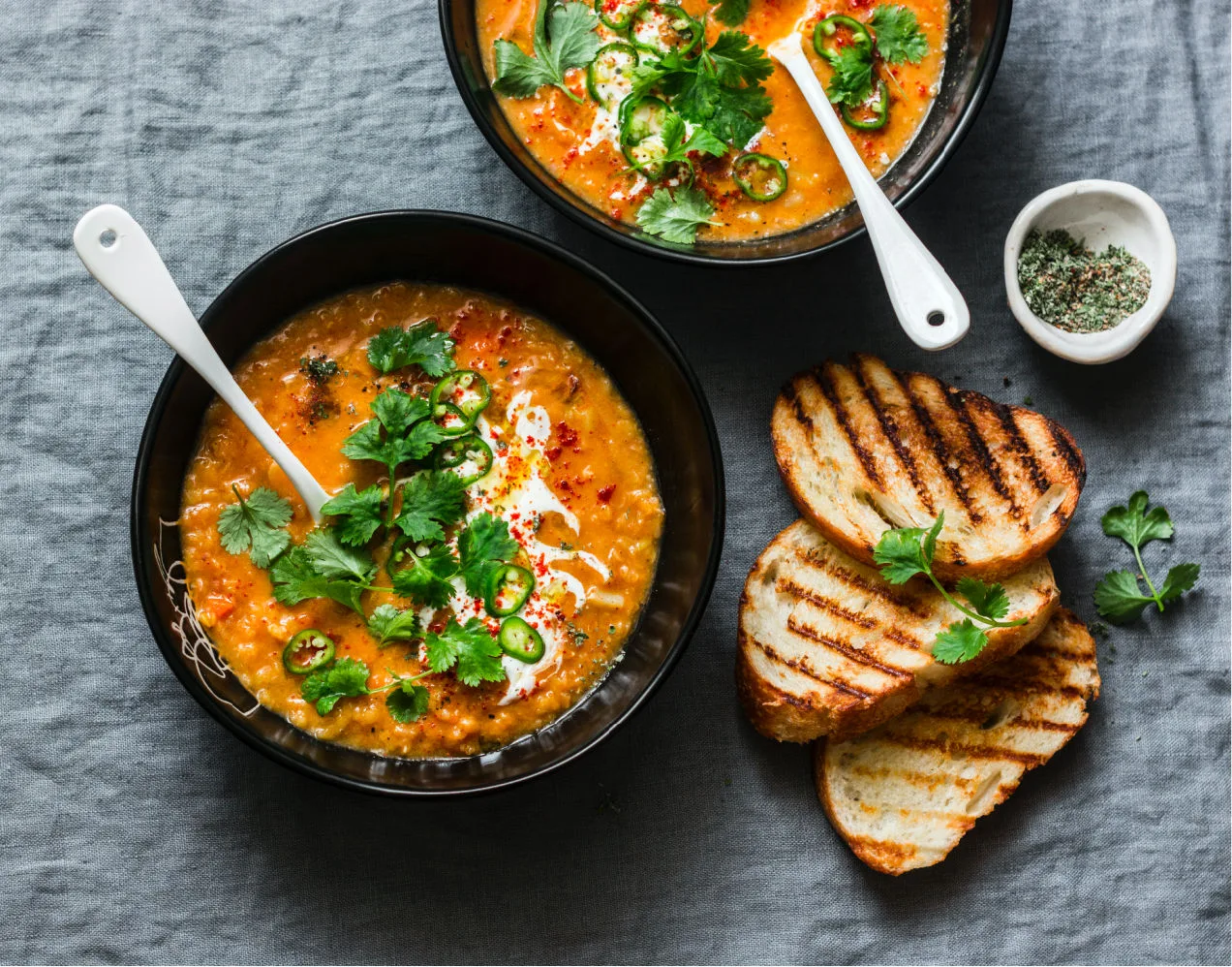
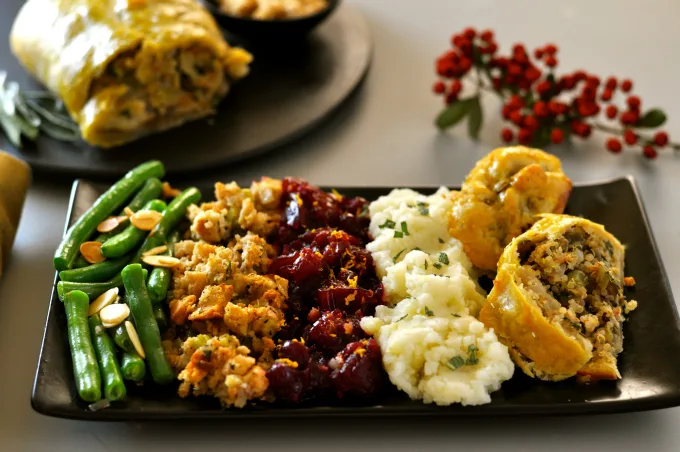
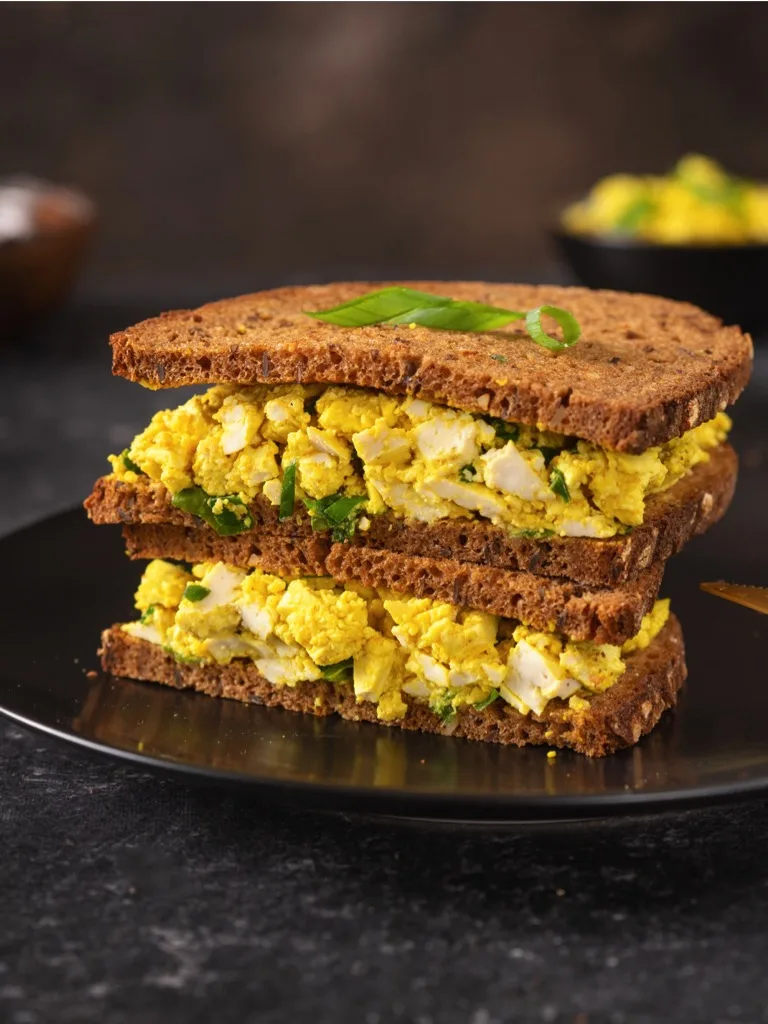
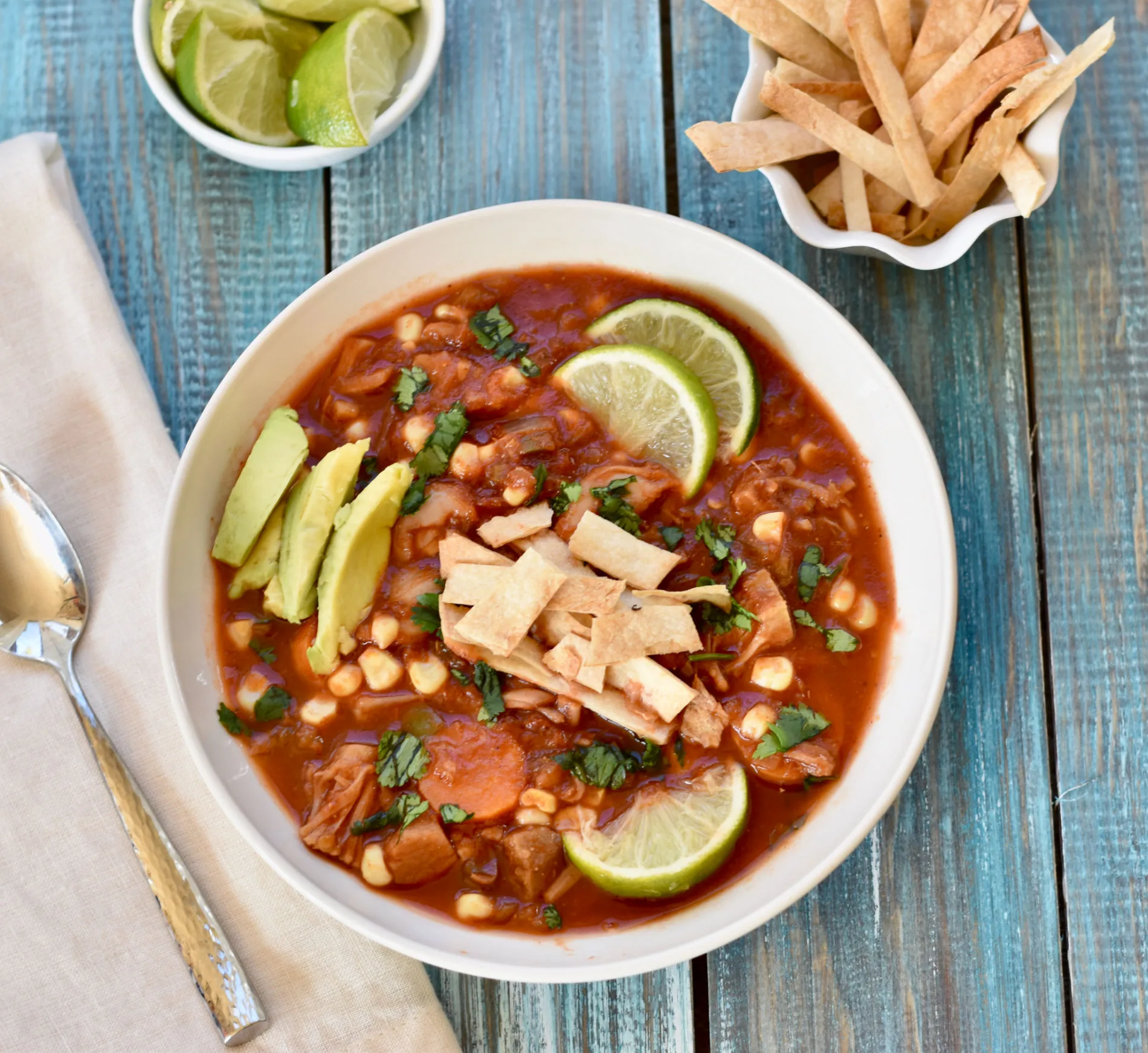
Leave a Reply